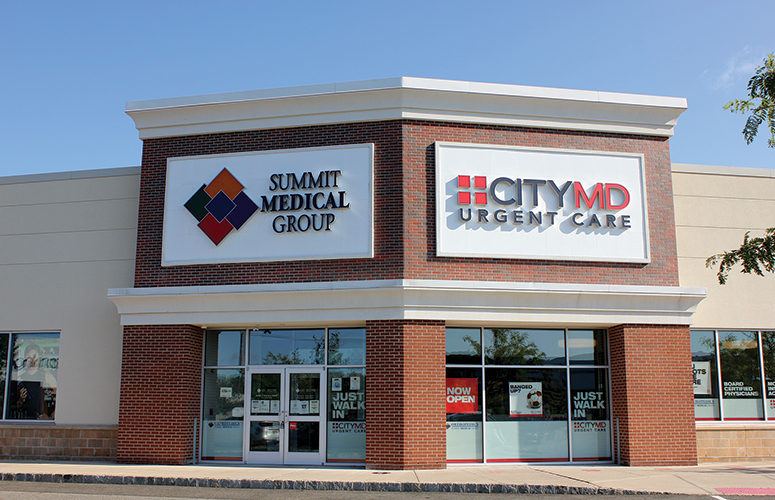
RX for Bolstering NJ’s Healthcare Workforce
By Chrissy Buteas, NJBIA Chief Government Affairs Officer On Mar 30, 2022Our healthcare workforce is in crisis. Staffing shortages underscore the need for more home health aides, mental health providers, dental hygienists, certified nursing assistants, nurses, direct service professionals, and primary care doctors, to bolster our current workforce and attract new people into these professions.
NJBIA and our healthcare partners have been advocating for the state to take aggressive action to develop both short-term and long-term solutions to ensure we have the workforce needed in the future.
As the baby boom generation reaches retirement age, the percentage of the healthcare workforce aged 65 and over is projected to reach 20% by 2034. As our population grows older, the shortage of qualified individuals to care for this vulnerable population will only be exacerbated.
8 Recommendations to Fix Short- and Long-Term Healthcare Challenges
- The Department of Labor, county workforce development boards, and One-Stops should work with healthcare stakeholders to identify unemployed individuals who can be trained to work in various jobs in healthcare facilities.
- Immediate financial assistance from American Rescue Plan Act funding should be used to stabilize the industry to hire temporary workers and/or provide incentives to employees to work in this critical sector.
- Extend and make permanent certain waivers, administrative orders, and directives to allow healthcare professionals to care for patients in the most effective and efficient manner beyond the pandemic, which includes the use of telehealth to deliver critical care.
- Invest in workforce development efforts in healthcare. Through the New Jersey Pathways and Skills Collaborative, NJBIA and our state’s community colleges are forming partnerships across four key growth industries, including healthcare, to equip the workforce with the in-demand stackable credentials required to fulfill our state’s most pressing workforce needs. We are thankful to the Legislature for making an $8.5 million investment in this training initiative. Sign up to become involved at www.njpathways.org.
- Encourage the Murphy administration to address licensure reforms where appropriate to allow for greater flexibility and opportunities in the workforce. This includes evaluating the requirements for qualifications of professional instructors.
- Provide financial support to students pursuing degrees in healthcare.
- Increase funds for experiential learning or apprenticeship programs.
- Introduce the healthcare field as a viable career opportunity throughout K-12 education.
The workforce shortage is being felt at all levels of care. NJBIA will continue to advocate for these initiatives with the Murphy administration, legislative leaders, and key stakeholder groups. Be a part of the solution by joining the New Jersey Pathways initiative and emailing me at [email protected] to be a part of NJBIA’s Healthcare Policy Committee.
To access more business news, visit NJB News Now.
Related Articles:





